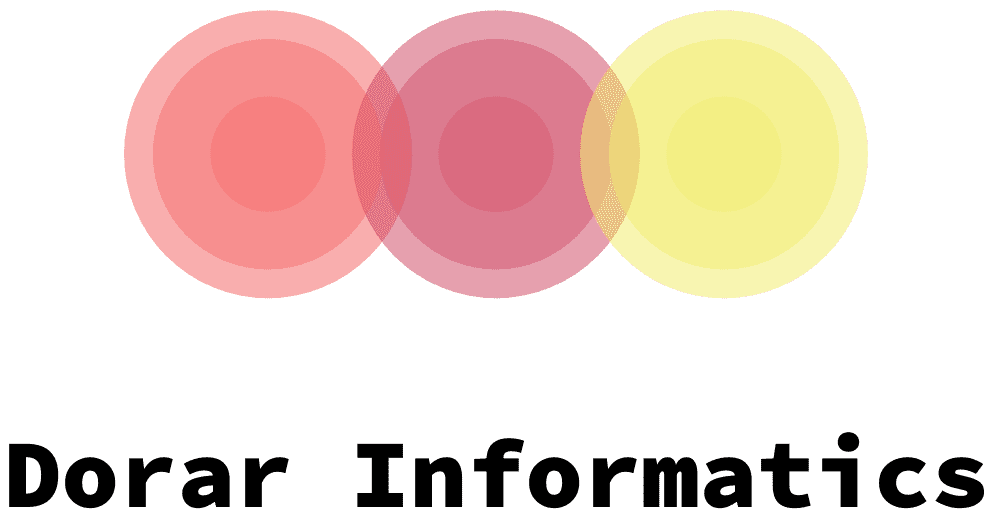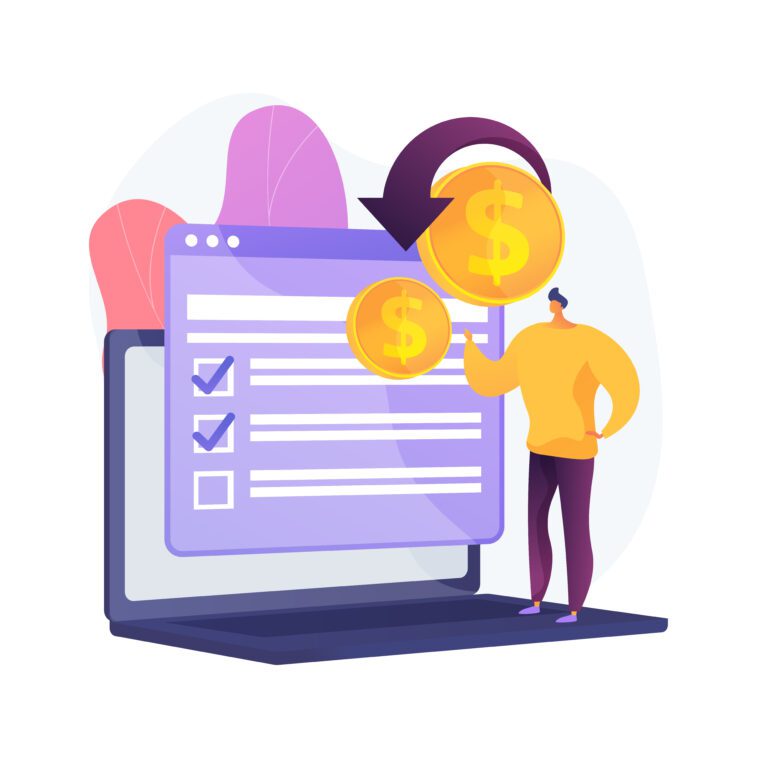When it comes to getting a personal loan, there are a few things to keep in mind. These include interest rates, prepayment fees, late fees, and defaulting on the loan. You will also want to be able to read the fine print before signing anything so you know exactly what you are signing up for.
Prepayment fees
Several personal loans feature prepayment fees. Depending on the lender, the prepayment fee is calculated by the amount of EMIs a borrower has made or by the outstanding interest on the loan.
Prepayment fees are charged by banks and non-banking financial companies. Typically, a small prepayment will save you money on the total cost of the loan. But it is important to know exactly how much a prepayment will cost before you make the move.
The best way to find out is to talk to your lender. Ask him or her about prepayment penalties and the costs. They may be willing to work with you to lower the fee.
You can also use a personal loan calculator to figure out the exact costs of making an early prepayment. This will help you decide whether or not it is a good idea to pay off your loan early.
One reason why you might want to consider prepayment is to get a better credit score. A spotless credit report is key to getting approved for a new loan.
Some loans do not have prepayment fees, but you should check with your lender to find out. If you do end up with a prepayment fee, it is not a terrible price to pay for the interest savings you will gain. However, you should compare the prepayment fee with the interest you will save over the lifetime of your loan.
You can also try a site like Experian CreditMatch to find out if you qualify for a prepayment fee-free loan. LendingTree is another website that provides transparency on lenders and loan amounts.
You can prepay your loan in part or in full. Before you do, however, consider the pros and cons of each option.
Late payment fees
When you have a personal loan, you need to make sure you are aware of the various fees associated with your loan. Fees vary by lender, but they can add up over time. Taking steps to avoid fees is a smart way to keep your finances in check.
Late payments can hurt your credit score. Not only do they impact your financial history, they can also cause you to miss out on opportunities for future lending. In addition to late fees, there are also prepayment penalties.
When it comes to personal loans, some lenders are more lenient than others. Some don’t charge prepayment penalties at all. Other lenders may only assess a percentage of the payment you miss. You need to know what you’re getting into before you apply for a loan.
While there are no universal rules of thumb when it comes to late payments, a number of banks have set their own thresholds. For example, many banks will charge no more than $29.00 for a first-time late payment. However, even a few missed payments can accumulate into a large bill.
Fortunately, most personal loans don’t come with a penalty APR. If you’re looking for a personal loan that’s free of charges, your best bet is to look for a no-fee lender.
The fee you’re most likely to be charged for a late payment is the non-sufficient funds (NSF) fee. This is generally assessed when you are paying a bill and don’t have enough money available to cover the amount you owe.
Another common personal loan fee is the origination fee, or Pre-paid Finance Charge. An Origination Fee is a one-time non-refundable fee that is automatically deducted from the proceeds of your loan.
Variable interest rates
Variable interest rates are loans that have an interest rate that changes with the underlying index. These types of loans can offer benefits to borrowers, but they also have some risks.
The underlying index for variable rate products is usually a financial index. A good example is the London Interbank Offered Rate (LIBOR). This index is used by international banks to lend funds. LIBOR will be retired in 2023, and so the rates that lenders offer will be based on a new index.
Variable interest rates can help borrowers benefit from low interest rates that are available during periods of economic growth. They can also reduce the monthly payments. However, borrowers can also face more risk with a longer loan term.
Variable interest rates are typically available on credit cards and home equity lines of credit. Credit card companies and lenders may reset the rate each month or annually, so a borrower can never be completely sure of how much they will pay back.
Because of the possibility of fluctuating interest rates, a variable rate loan is a riskier option than a fixed one. If you are borrowing a significant amount, you will need to be comfortable with the potential for the rate to increase. There are ways to mitigate this risk, such as using automatic bill payment.
For borrowers who are on tight budgets, variable rates may not be the best choice. Choosing a fixed interest rate means that the loan can be paid off in full over a set period of time.
However, a variable rate loan can be cheaper and easier to manage. In addition, the interest rate may drop over the loan’s term, and a borrower can save money on the interest.
Defaulting on a personal loan
Defaulting on a personal loan can be very costly. Your credit score can be affected for years. There are also legal consequences. You may be held responsible for the original amount owed and for court fees.
Depending on your situation, there are different consequences for defaulting on a personal loan. Taking proactive steps to avoid a default can help you prevent major financial repercussions.
When you default on a personal loan, it will remain on your credit report for seven years. In addition to the negative effect on your credit score, it can be difficult to obtain new loans in the future. If you are considering taking out a personal loan, a co-signer may be required.
A person can go into default due to unforeseen circumstances. This could include a job loss or other emergencies. Fortunately, if you are in a good financial position, you can find ways to resolve your situation.
Getting into a default can be a very stressful experience. Defaulting on a personal loan can mean that you are liable for the full amount owed. Lenders will take action to collect repayments, but you have options.
When a loan goes into default, you will need to explain your situation to the lender. They will then work with you to find a solution that benefits both parties.
After 180 days, a lender can file a civil lawsuit against you. They can garnish wages and repossess assets. If you do not have collateral, they can repossess your car or investment accounts.
You will then spend a number of stress-filled days wondering how you will ever pay your debts. The good news is that there are legal protections for you, but you will still have to pay legal fees.
Getting approved for a personal loan
If you’re looking for a way to get over a financial hump, a personal loan may be the right solution. This type of loan can be used to make a big purchase or even pay for medical bills. However, you should take some time to research your options before applying for one.
In addition to checking out your credit score, you should also consider whether you’re able to qualify for the best rates. Some lenders offer prequalifications, which can give you an idea of the interest rate you may be able to secure. You can then shop around for a loan that meets your needs.
The interest rates on a personal loan can vary significantly, so it’s important to know what you’re getting into. You can calculate how much you’ll be paying each month with a tool such as the Bankrate personal loan calculator.
It’s also a good idea to consider how long it will take to get approved for a loan. Many online lenders offer next-day decisions. Those with good credit can expect to receive funds in as little as five days.
While it isn’t possible to predict the exact approval odds for every lender, you can get a rough idea by comparing their qualification requirements. Taking a look at your credit score, debt-to-income ratio, and employment history can help you determine the best lender.
If you’re looking to get a personal loan, it’s important to find a lender that offers the best terms. You can also look into your existing bank account to see if there are any opportunities to improve your debt-to-income ratio.
Once you’ve gathered the necessary information, it’s time to apply. Whether you’re applying in person or online, you’ll want to make sure you’re prepared to submit the required documents. These documents include your proof of income, your pay stubs, and your current debt.




